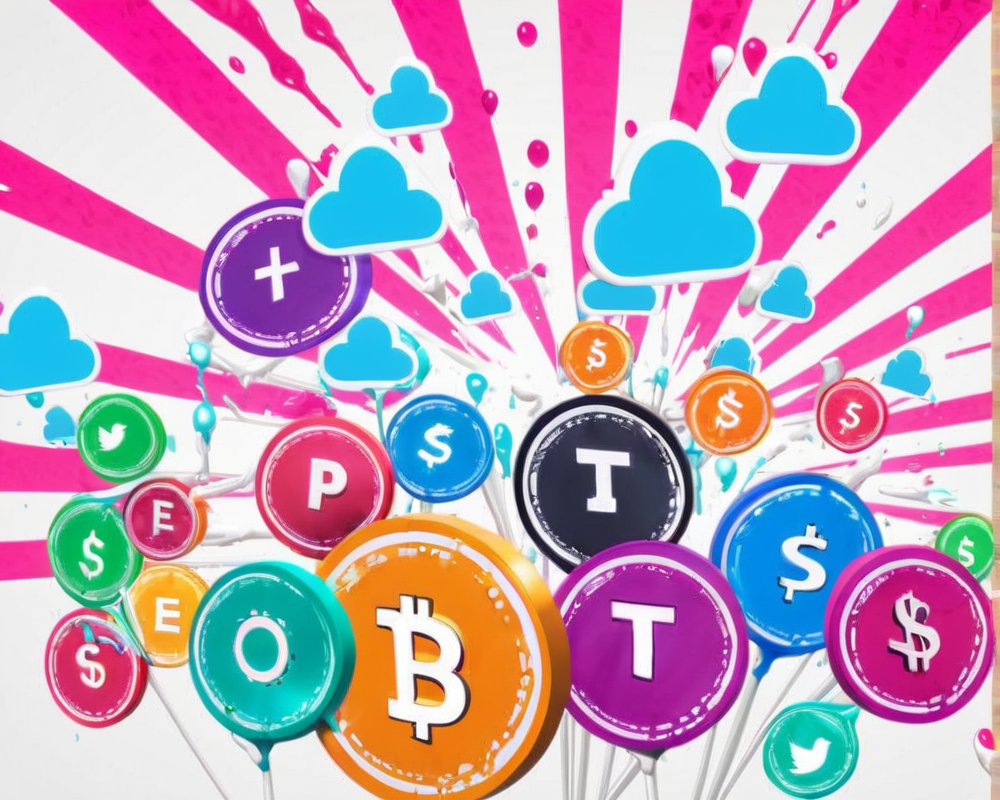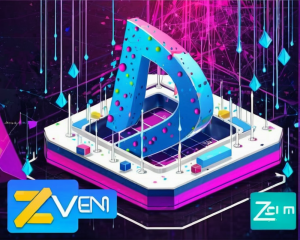Introduction to Social Tokens
As the cryptocurrency landscape evolves, social tokens have emerged as a promising solution to empower creators, brands, and communities in the Web3 ecosystem. Unlike traditional digital currencies, social tokens are designed to foster engagement, allowing supporters to connect with their favorite creators while benefiting from exclusive access and rewards.
Defining Social Tokens
Social tokens are cryptocurrencies used as a form of patronage, underpinned by blockchain technology, enabling creators and communities to monetize their fan base. Fans who purchase these tokens gain access to exclusive content and product offerings, creating a unique interaction channel. While social tokens share similarities with nonfungible tokens (NFTs) in their blockchain-based ownership model, they remain fungible and easily tradable, making them perfect for facilitating transactions within online communities.
Personal vs Community Tokens
Social tokens can be divided into two categories: personal tokens and community tokens. Personal tokens are created by individuals to monetize their skills or experiences, while community tokens are designed to reward participation and engagement within a group setting. For instance, the ALEX personal token allows its holders to access exclusive content from its creator, Alex Masmej, while community initiatives such as the SWAGG token foster a collaborative culture within the Swagg House community.
Impact on Web3 Adoption
The proliferation of social tokens is likely to enhance Web3 adoption. As technology progresses, social tokens can create incentivized models that encourage participation and diversity among stakeholders. User-owned communities can attract talent, enhance user engagement, and enable creators to earn while maintaining their independence.
Challenges Ahead
Despite the potential of social tokens, several challenges remain. Discord and Telegram channels are often the main platforms for promoting social tokens, leading to skepticism among non-crypto users due to the prevailing “bro culture.” Simplifying the onboarding process becomes essential to attract new users. Additionally, educating users about the risks and complexities associated with buying and trading social tokens can enhance credibility and acceptance.
Future Outlook
As the adoption of social tokens continues to increase, it is likely that companies will create tools to ease the onboarding process. Collaborations with established organizations and the continuation of initiatives focusing on user experience will help foster growth within the social token ecosystem and promote acceptance among mainstream audiences.
Conclusion
Social tokens are leading the way in changing how brands and creators communicate with their supporters. These tokens have the power to democratize access to online communities while providing opportunities for creators to monetize their work effectively. As we navigate through the complexities of Web3, social tokens are set to transform the landscape of creator-ownership interaction.















+ There are no comments
Add yours